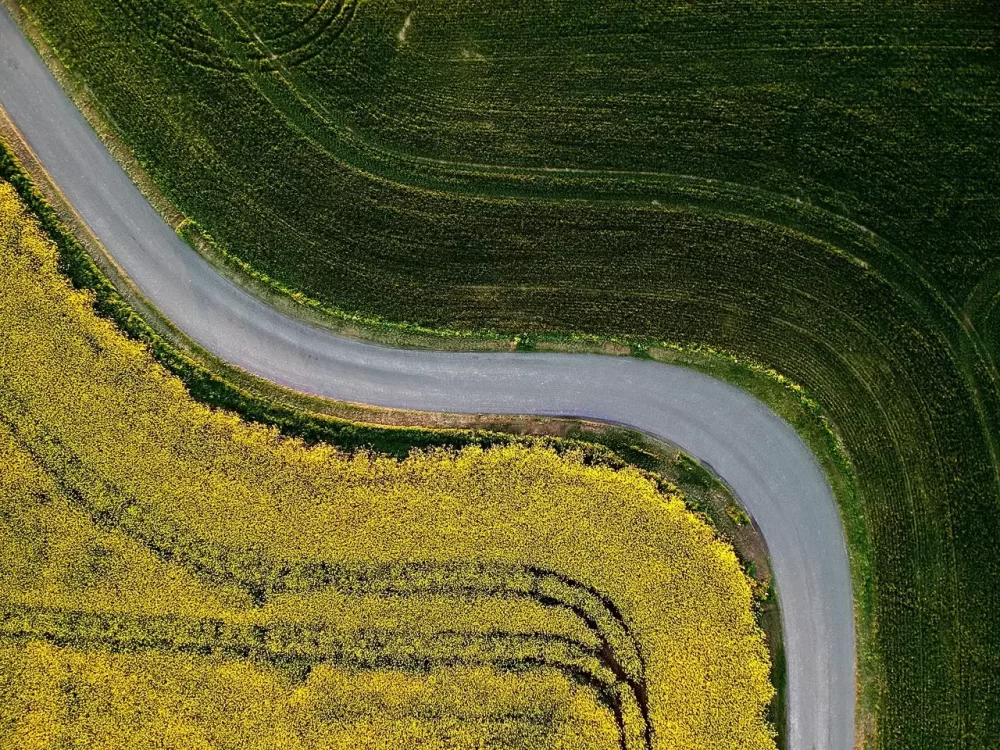With the rapid rise in sanctions on the largest wheat and potash fertilizers, the world is on pace to lose 24% of its wheat production. We need to find other ways to produce more food and grow more crops to replace it. In Africa, the effects have already started with an over 20% hike in sugar prices, beans, and more.
How To Prevent Another “Lebanon” Crisis
According to Chicago News, there are ways to yield 50% more potatoes and rice with RNA modifications that are drought resistant and larger. The plants create more biomass and don’t deplete the soil. They restore soils by fixing more carbon from the atmosphere and adding more organic materials like roots and shoots.
In addition, growing GMO crops in 2016 helped decrease CO2 emissions, equivalent to taking 16.7 million cars off the road for an entire year. According to bio.org, GMOs also reduce the number of pesticides that need to be sprayed while increasing the number of crops available to be eaten and sold.
Though sometimes, there are no food shortages caused by a lack of rice and potatoes, they were caused by poor infrastructure and logistical issues whereby tons of rice rot away, unable to reach the needy. This improvement can go a long way in ensuring people get reduced prices and provide more food safety while other low-priced proteins like chickpeas and lentils remain available.




